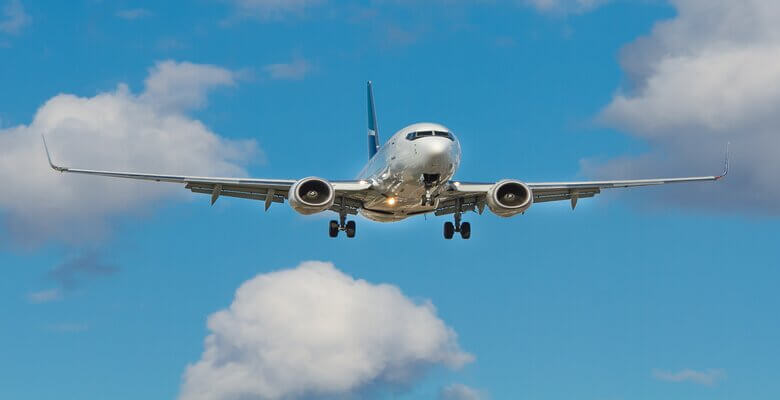By
Craig Idlebrook
|
Date Published: August 30, 2022 - Last Updated September 02, 2022
|
Comments
 During the early days of the pandemic, customers sometimes endured hours-long wait times to speak to representatives about activities that were disrupted by lockdowns. A call to cancel a flight might have been an all-day affair. No one liked it, but there was an understanding among many of us that this was just life during lockdown, and the pandemic had fundamentally disrupted life as we knew it.
During the early days of the pandemic, customers sometimes endured hours-long wait times to speak to representatives about activities that were disrupted by lockdowns. A call to cancel a flight might have been an all-day affair. No one liked it, but there was an understanding among many of us that this was just life during lockdown, and the pandemic had fundamentally disrupted life as we knew it.
There hasn’t been a clean endpoint to the pandemic, but at the moment we have learned how to mitigate the worst of the disruption of COVID-19, and life has inched back towards a new normal. Customers who once were sitting at home and listening to hold music in the background now often must do so on the way to work or to pick up the kids. Their expectations have shifted, and it remained to see how much patience they might have toward continued COVID-19 customer service disruption. Would they understand that some industries may take years to get “back to normal”?
The intense, and justifiable, backlash against the unprecedented disruptions in airline travel definitely provides us with the answer: no. There has been a vocal and fervent backlash against airline carriers, as untold numbers of travelers find themselves stranded at the airports and waiting in line and on the phone for hours for news of when they might reach their destination. Say what you will about how COVID-19 has permanently scarred airline operations, but it appears that many airlines have failed to fully adapt to the customer service challenge. It may be difficult to solve the lack of pilots, what with layoffs during COVID-19 and enhanced health screening causing more sick days, but what frustrates many travelers just as much is the lack of knowledge. Simply put, customers can’t get through to speak to a human to get information in a timely fashion while they are in distress.
This month, the threat of the customer rebellion against the airline industry was taken to a heightened level. U.S. Transportation Secretary Pete Buttigieg has sent a letter to the airlines warning that they must do better to help stranded passengers or they may face increased regulation from the Biden administration. In other words, he warned them to choose to do better, or they won’t have as much of a choice.
Everyone who makes a career in the contact center industry believes that customer service is the lifeblood of a company, but rarely has there been such a perfect example. In the past several decades, airlines have seen profit margins shrink and are facing increased competition in the era of carrier consolidation. Increased regulation, should it come, could push their bottom lines closer to the red. That means that excellent customer service could be the difference maker in an environment with little margin for error.
The airline industry may be facing unique challenges, but there is still a lesson to be learned. In the post-pandemic business era, we know that businesses must not continuously plan for the unexpected, be it disruptions from supply chain issues, war, or climate change. In this planning, customer-facing industries must include a plan to quickly ramp up customer service to face unprecedented demand. They must evaluate what additional resources may be available and needed should they be deluged with contacts because of a disruption, and potentially create contracts with BPO providers or others to meet those demands when disruption hits.
This disaster preparedness may cost some money upfront, but it likely will save your company money when disruption strikes. After all, a customer rebellion and increased regulation cost a lot of money.